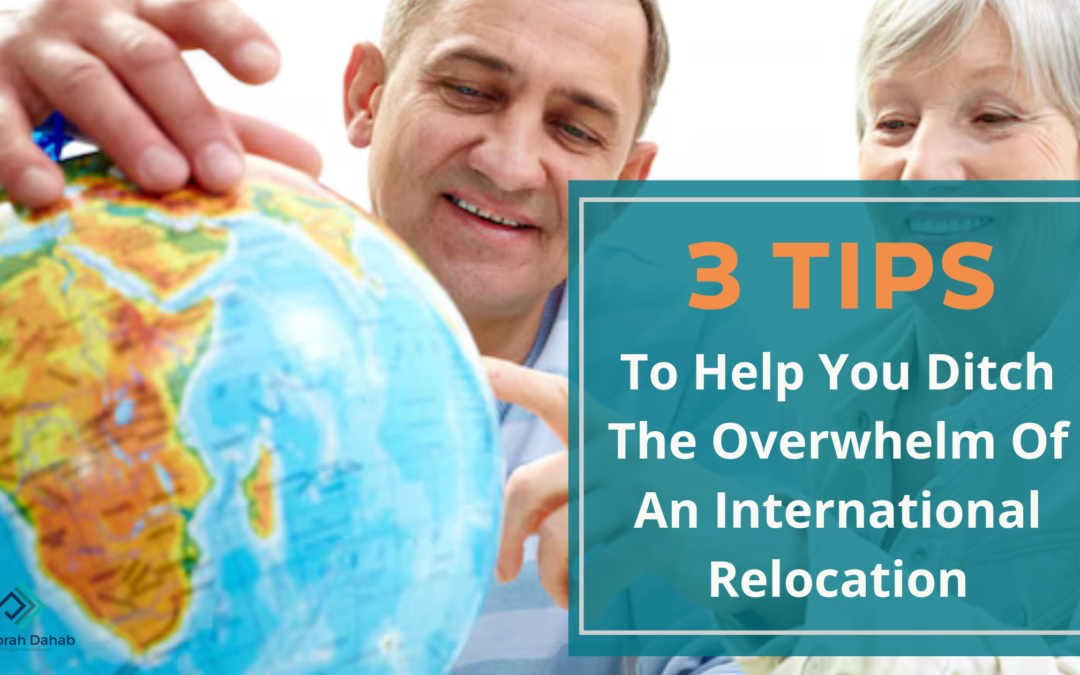
Language Learning Tips: How to Learn a New Language Effectively
Learning a new language can be both exciting and daunting, especially if you’re planning to move abroad or have already made the move. It’s common to feel the urge to start learning the language immediately by downloading apps, hiring tutors, or watching YouTube videos. However, diving in too quickly might not be the best approach. In this blog post, we’ll explore essential tips for language learning that will help you achieve better results and make the process more enjoyable and effective.
Tip #1: Understand Your Motivation
Before you start learning a new language, it’s crucial to understand your motivation. Many people feel obligated to learn the language because they believe it’s the polite or proper thing to do. However, this external motivation can lead to frustration and burnout. Instead, focus on finding an internal motivation. Ask yourself why you want to learn the language. Is it because you need it for work, to make your daily life easier, or because you genuinely want to immerse yourself in the culture? Identifying a clear and personal reason will keep you motivated even when the learning process becomes challenging.
Tip #2: Know Your Learning Style
Understanding your learning style is essential for effective language learning. Different people have different learning preferences, and knowing yours can help you choose the right resources and methods. There are three main learning styles:
Visual Learners: If you are a visual learner, you learn best through images, videos, and written notes. Use flashcards, watch videos with subtitles, and create visual aids to help with your studies.
Auditory Learners: Auditory learners excel when they listen to information. If this is your style, focus on listening to podcasts, music, and language learning tapes. Repeat phrases out loud and engage in conversations.
Kinesthetic Learners: Kinesthetic learners need to move, touch and use their hands while learning. Use interactive apps, write down new words, and practice speaking with gestures.
Combining resources that cater to your primary learning style will make the learning process more effective and enjoyable.
Tip #3: Timing Is Everything
It’s important to consider the timing of your language learning journey. Jumping into learning a new language too soon, especially before you’re settled into your new environment, can add to your stress. Instead, give yourself some time to adjust to your new surroundings and daily routines. Once you feel more comfortable, gradually integrate language learning into your schedule. This approach will make the process less overwhelming and more sustainable in the long run.
Additionally, start with practical language skills that you will use in your daily life. Focus on learning phrases and vocabulary that are immediately relevant, such as greetings, directions, and common expressions. This will help you build confidence and see progress quickly.
By following these tips, you can make your language learning journey more manageable and enjoyable.
Check out the interview with a Portuguese language teacher where she shared lots of tips and advice.
For more personalized support, check out my Expat Journey Program. This program offers a comprehensive approach to managing the challenges of moving abroad and adjusting to a new life in a different country. Visit the Expat Journey Program to learn more and take the first step towards a smoother transition abroad.


